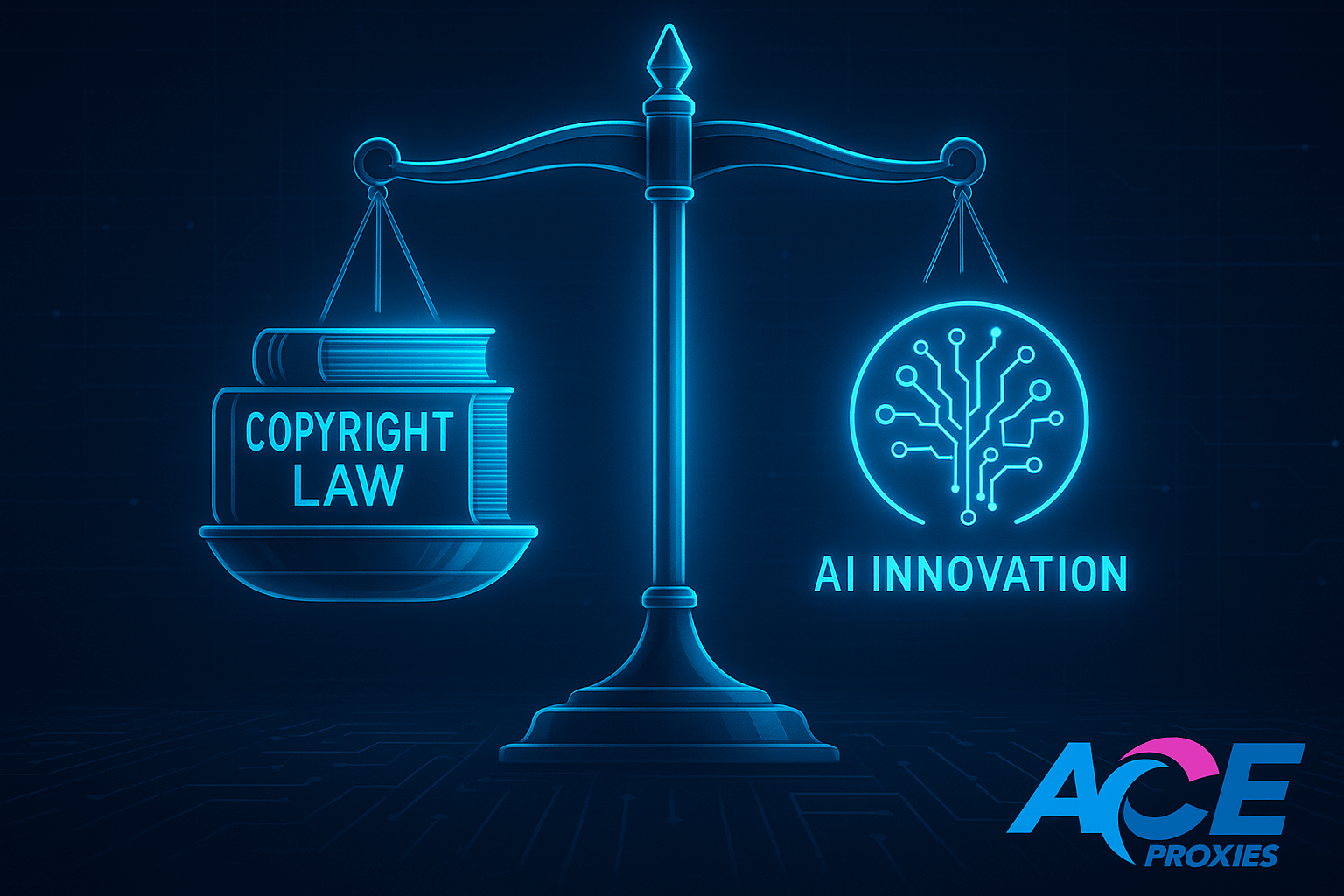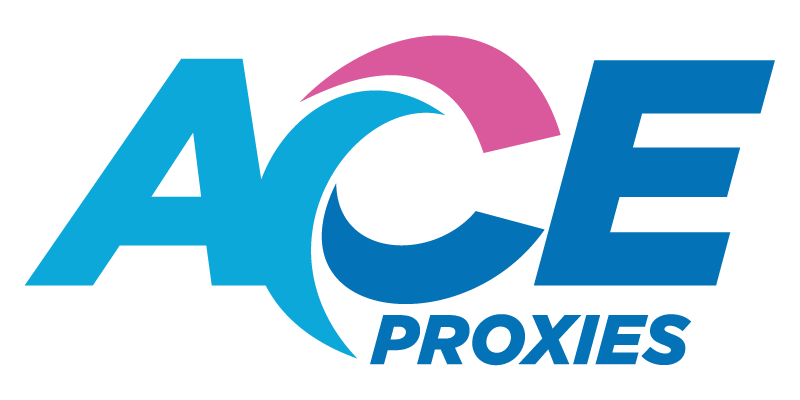The AI Data Gold Rush: A Guide to Ethical Scraping & Legal Risks in 2025

The race to build the next generation of AI has ignited an unprecedented demand for data, and web scraping is the primary engine of collection. However, the legal and ethical landscape is a chaotic minefield. One misstep can lead to career-ending lawsuits, brand damage, or the poisoning of a multi-million dollar AI model with legally tainted data. While competitors debate speeds and feeds, the most important question has become: where is the line between permissible data collection and digital trespassing?
This guide introduces a framework for building a legally defensible data pipeline in 2025, helping you train powerful AI models while minimizing critical business risk.
The Core Legal Questions You Must Answer
Before your first request is ever sent, your legal and data science teams must align on three pillars of risk: copyright, access, and privacy.
- Copyrighted Material: Scraping public data is one thing; using it is another. Training a commercial AI on copyrighted text, images, or code is the central argument in today's biggest tech lawsuits. The defense often relies on "fair use", but this remains a volatile, jurisdiction-dependent doctrine—not a guaranteed shield.
- Terms of Service (ToS): Does the website's ToS explicitly forbid automated access? Violating a ToS has been argued as everything from a simple breach of contract to a federal crime under the Computer Fraud and Abuse Act (CFAA). Ignoring these terms creates unnecessary and significant legal exposure.
- Personal Data: Are you collecting personally identifiable information (PII)? Regulations like GDPR and CCPA carry severe financial penalties for processing PII without a clear legal basis. This is the fastest way to attract regulatory attention and crippling fines.
An Ethical Framework for Defensible Scraping
A legal defense is strongest when built on a foundation of ethical conduct. An aggressive, "take-first" approach is not only harmful to the open web but also signals bad faith in a courtroom.
- Respect robots.txt: This file is the webmaster's clear instruction. Ignoring it is indefensible and demonstrates an explicit intent to disregard a site's wishes.
- Scrape Politely: Limit your request rate to avoid degrading the target's service. A responsible scraper behaves like a guest, not a DDoS attack. This includes using high-quality proxies to distribute your footprint.
- Identify Yourself: Use a clear User-Agent that identifies your operation and provides a contact method. Transparency is a powerful de-escalation tool.
- Add Transformative Value: Use the data to create something entirely new. Simply re-hosting or mimicking content offers the weakest "fair use" argument. True transformation is your best defense.
Aligning Proxies with Your Risk Strategy
Your proxy choice is a direct extension of your ethical framework and legal strategy.
- Datacenter Proxies: The choice for transparency and scale. Use them for high-volume collection from public sources that permit scraping. Their static, identifiable nature signals clear and honest intent.
- Rotating Residential Proxies: The tool for politeness and precision. Accessing geo-specific public data requires blending in. Rotation distributes your requests, preventing server overload from a single point and respecting user infrastructure.
- Static Residential (ISP) Proxies: The standard for trust and longevity. For long-term research or projects requiring a consistent identity, these proxies signal a stable, reputable presence, minimizing the chance of being flagged as a malicious actor.
From Data to Defensibility: Your Next Move
The legal precedents for AI data scraping are being forged in the courts right now. The winners will be the organizations that treat data acquisition as a core business strategy, guided by legal counsel and an unwavering ethical compass. Building your AI on a foundation of responsibly sourced data isn't just about avoiding a lawsuit—it's about building a defensible, valuable, and sustainable business asset.
Ace Proxies provides the robust infrastructure you need to collect data. This framework helps you do it responsibly.
Unsure which proxy fits your use case? Read our Proxy Playbook.
